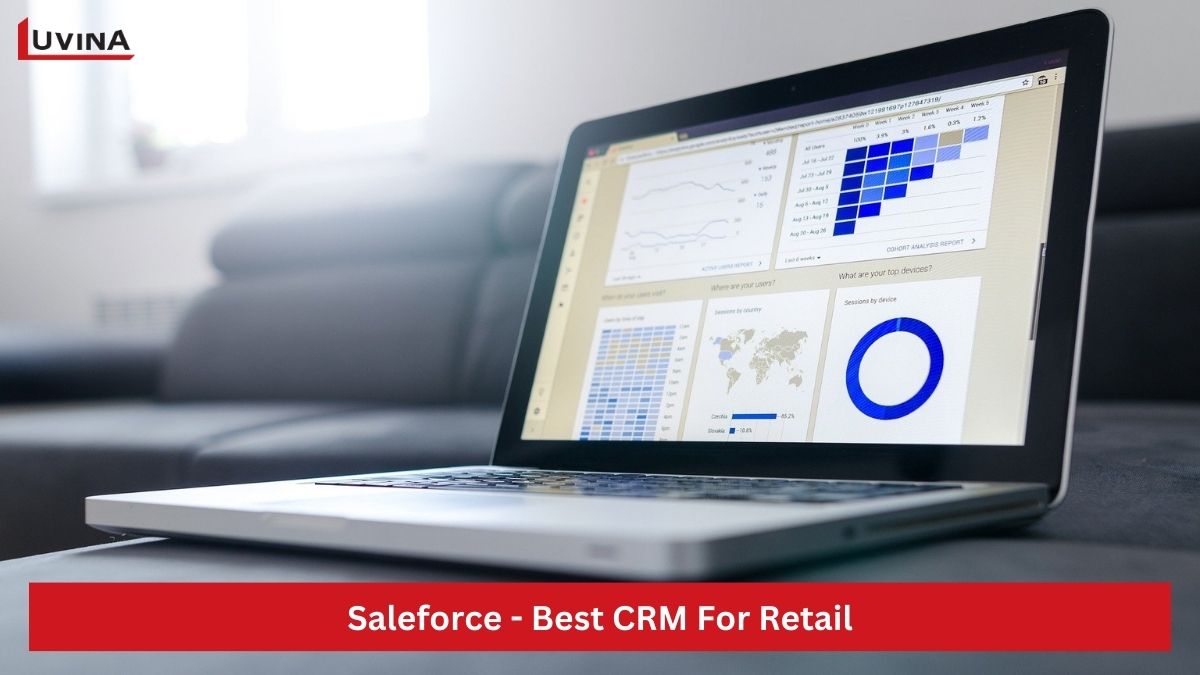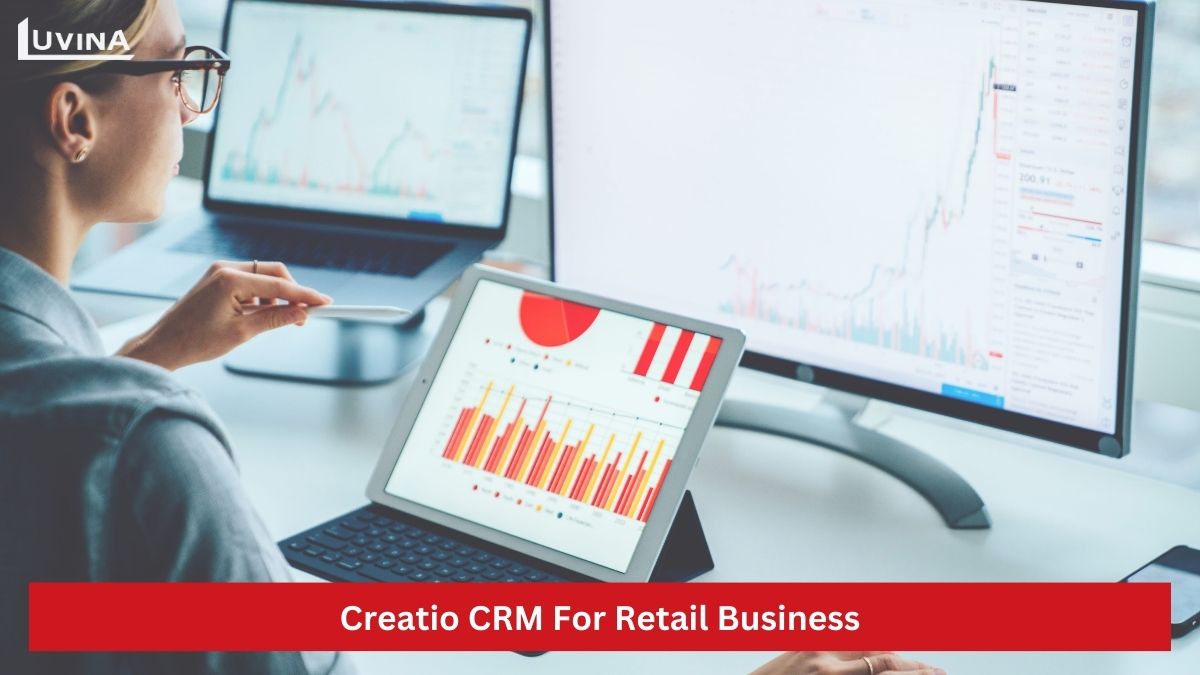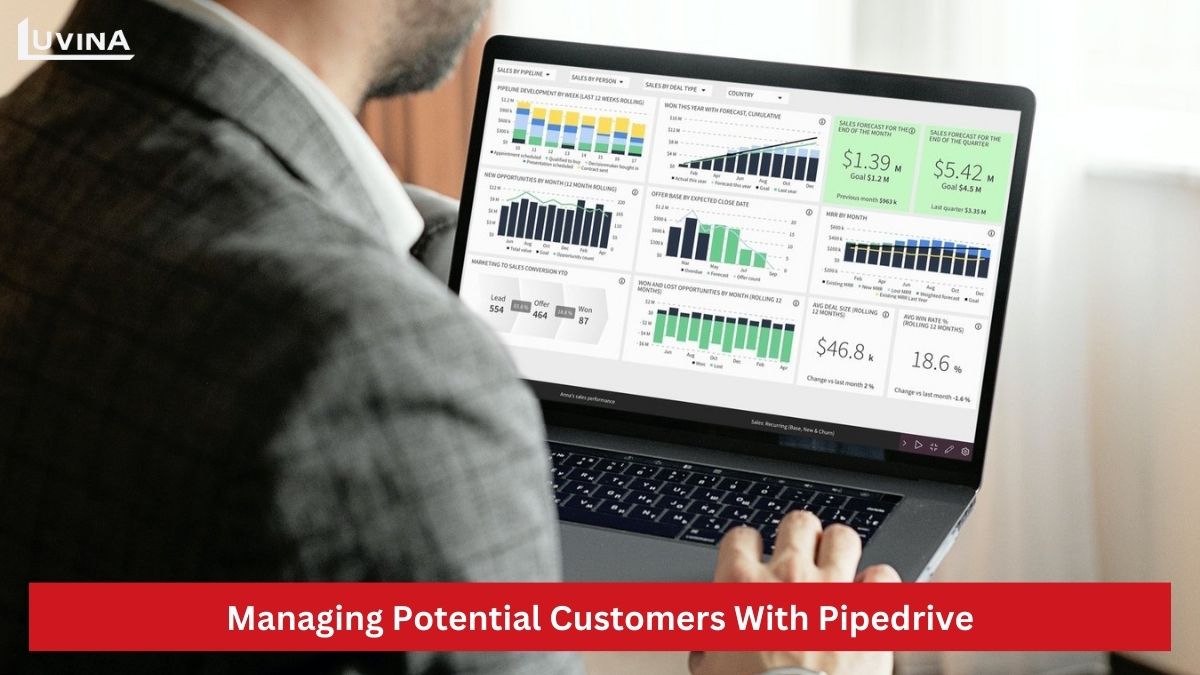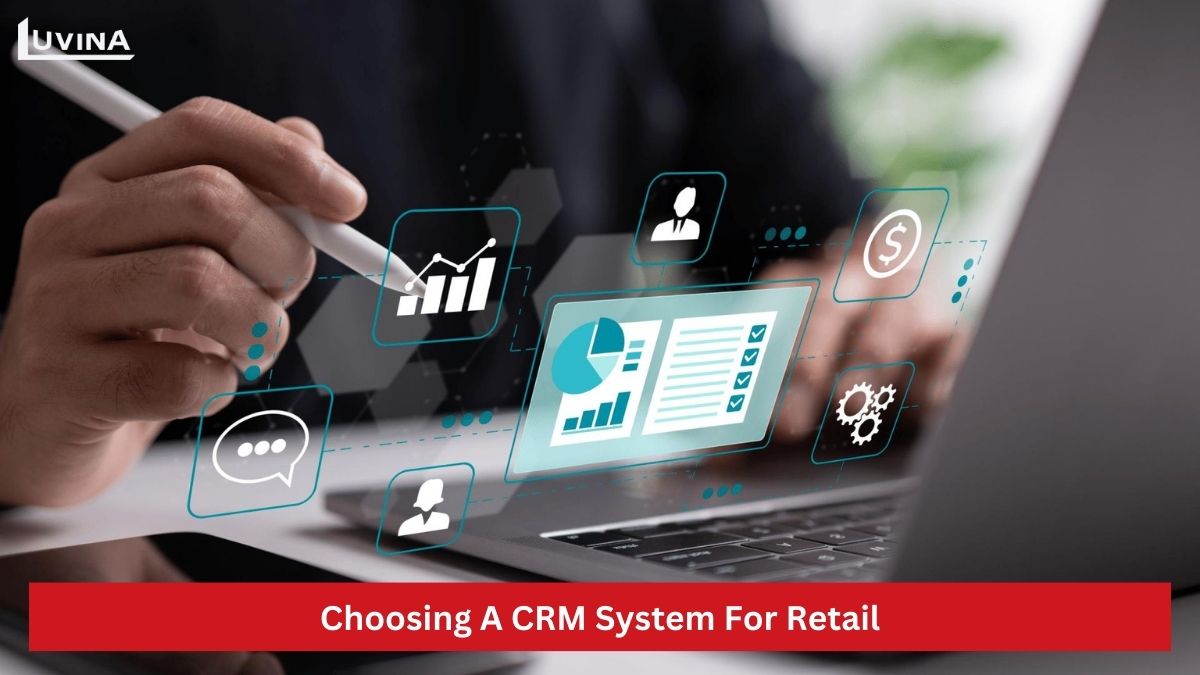Providing a perfect customer experience is how online retailers convert potential customers, build a loyal customer base, and boost sales. Achieving customer loyalty is not easy, but it is possible. The solution lies in having the best CRM for retail. CRM software not only helps capture customers but also manages all customer-related activities. To help businesses choose the right CRM for retail businesses, we have carefully evaluated and listed the 5 best CRMs for retail stores. Read on to discover more.
Top 5 CRM systems for retail business
The best CRMs for retail that we present below are evaluated based on criteria such as integration capabilities, automation features, reporting, and many other functionalities. We hope this top 5 list will help you make an informed decision to find the tool that best meets your needs.
1. Salesforce
- Pricing: $25/user/month
Salesforce CRM is a solution built on the Salesforce platform to help retail companies manage operations and customer relationships. As one of the world’s leading CRM platforms, this best CRM for retail offers many features to help businesses succeed, from sales, service, and marketing to commerce. All features can be customized to serve the retail industry better.

The strength of Salesforce CRM lies in its accurate prediction of customer needs and trend tracking. Salesforce is also easy to set up and customize, even for non-technical staff, and can be easily accessed from anywhere with an internet-connected device. However, this CRM for retail businesses is considered less suitable for startups and small to medium-sized companies due to its relatively high cost.
2. Zoho CRM
- Pricing: $14/user/month
Zoho CRM provides retail businesses with a centralized platform to handle everything from marketing, sales, and inventory to customer support. This all-in-one solution from Zoho can support retail businesses of all sizes, equipping teams with the necessary tools to manage and streamline retail operations.
With this CRM for the retail industry, you can easily create campaigns targeting specific customers. Notably, this tool can also integrate with messaging apps, phone systems, live chat, and social media channels, leveraging cross-platform capabilities to interact with customers and boost sales.
Additionally, Zoho offers real-time reporting and insights to help teams make more informed decisions, especially in critical situations. Quality customer service and advanced analytics features are why this tool is included in the top 5 best CRM for retail. Zoho is particularly suitable for retail businesses that need to manage various product lines.
3. Creatio CRM
- Pricing: $25/user/month
Creatio CRM is the best CRM for retail that can help businesses of all sizes streamline operations and increase sales. The strength of this tool lies in its powerful dashboard and ability to automate even the most complex customer programs.

With its robust toolkit, this CRM for retail sales can help you track and segment customers to tailor marketing campaigns appropriately. Additionally, Creatio CRM can manage various types of loyalty programs, ensuring their success and handling customer requests with full automation.
4. Zendesk
- Pricing: $19/user/month
If your sales staff are struggling to understand customers, Zendesk will be an extremely effective solution. This CRM for retail shops helps you deliver a great customer experience, thereby increasing revenue.
The biggest advantage of Zendesk is its affordable pricing, making it suitable even for small retail businesses. Additionally, this best crm for retail supports multiple languages and features a user-friendly interface to expedite retail store operations. With key features like productivity tracking, analytics, and comprehensive views, your sales team can gain a complete understanding of customers, analyze customer data, and measure sales progress.
5. Pipedrive
- Pricing: $14.9/user/month
Pipedrive is the best CRM for retail stores, helping you manage potential customers and deal management to improve conversion rates and increase revenue. This software tracks customer contact information, automates workflows to save time, and integrates with multiple applications to provide competitive market features. However, a drawback of this crm system for retail is its lack of automation for processes in its free plans.

Benefits of Retail CRM
The best CRM for retail can positively impact customer-business relationships, thereby improving your overall business landscape.
One of the key benefits of CRM for retail businesses is its ability to attract new customers and satisfy existing ones. It helps businesses gather customer information intelligently to market and sell more effectively, leading to happier customers and improved consumer loyalty. With the data provided by CRM, you can also create more effective marketing strategies, achieve a higher ROI, and save costs on unnecessary marketing activities.
Furthermore, using a CRM in the retail industry allows businesses to leverage the potential of omnichannel sales. Customers can purchase your products from various sources, enabling your business to generate multiple revenue streams. This approach enhances business flexibility and expands market reach effectively.
How to choose a suitable CRM system for Retail?
Choosing the best CRM for retail can help you reduce costs, save time, and increase business productivity. To select a suitable CRM system, consider the following criteria:
- Business scale: The size of your company greatly influences the CRM choice. For instance, large companies with multiple departments may need a CRM that can be customized in various presentation styles. Conversely, small independent retailers focusing on marketing and brand-building may find smaller CRM systems more suitable.

- Budget: If your IT budget is limited, opt for an affordable CRM for retail businesses. Higher-priced CRMs offer more features, but if your company’s budget does not allow for it, avoid compromising too much on necessary features.
- Product range: If your company offers a diverse range of products with significant sales volumes, you’ll need a robust platform to handle inventory and provide intelligent reporting.
- Integration capabilities: A CRM for retail businesses with extensive integration capabilities can seamlessly combine with your current ecosystem, enhancing efficiency.
- Essential features: An effective CRM for the retail industry should include essential features like centralized customer data, multi-channel communication with customers, user-friendly dashboards, marketing automation, inventory management, and loyalty program campaign capabilities.
Summary
The success of a retail business cannot be achieved without the best CRM for retail. Choosing the right CRM system that meets your needs can help improve customer relationships, retain customers, and consequently increase sales growth.
If you’re facing difficulties in selecting a CRM for your retail business or need assistance integrating CRM tools for your retail enterprise, contact Luvina for support. With extensive experience collaborating with businesses of all sizes, we are committed to providing the most innovative solutions tailored to your business needs.
To learn more about the Retail industry, check out these additional resources:









Read More From Us?
Sign up for our newsletter
Read More From Us?
Sign up for our newsletter